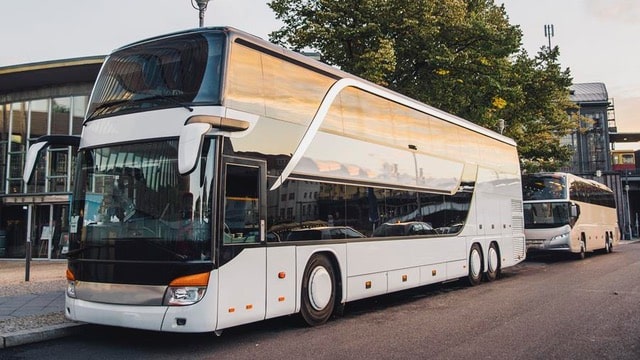Mobility Package 1 negotiations resulted in a last-minute deal among legislators that focused mainly on goods transport. This left coach tourism drivers with driving and rest time rules not suited to their work. IRU welcomes the European Commission’s proposal, which is a step in the right direction that will benefit coach tourism drivers, passengers and operators.
As it stands, coach tourism drivers are subject to the same driving and rest time provisions as truck drivers who transport goods. However, their work differs significantly from other modes of transport in terms of operational and driving patterns, as they are significantly influenced by the schedules and expectations of their passengers.
IRU Director of EU Advocacy Raluca Marian said, “We are happy to see that almost three years after the adoption of the Mobility Package 1 provisions, the European Commission has finally acknowledged that the current rules are not suited to the occasional passenger transport sector and has made good proposals to rectify the situation.”
“Targeted and specific driving and rest time provisions for coach tourism will allow drivers to better react to situations during their trips while also significantly reducing the stress generated by rules unfit for tourism,” she added.
Coach tourism drivers tailor their journeys according to the pace of their passengers. This means more breaks and stops along the way, and a combination of longer trips (at the start and end of long-distance tours) and shorter trips (during tours), with an average driving time of around 4.5 to 5 hours per day.
The proposal of the European Commission is certainly a step in the right direction as rules specific to tourism can only enhance safety and customer satisfaction. The share of group tourism by coach is expected to increase given its positive impact on both employment and the environment. When it comes to decarbonising road transport, collective passenger transport by road is a low-hanging fruit.
“We now call on policymakers to unequivocally support the proposal and bring about an impactful change for the coach tourism sector, especially for drivers,” stressed Raluca Marian.
“The Commission’s proposal will improve working conditions by aligning the schedule of drivers with the expectations of passengers. It’s a breath of fresh air for a sector that was severely impacted by the Covid-19 pandemic,” concluded Raluca Marian



